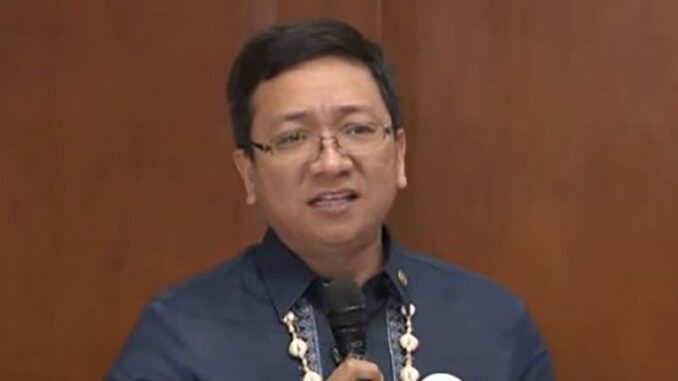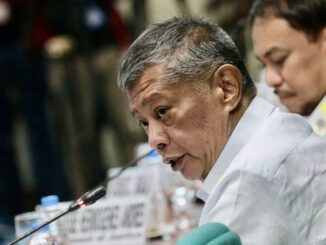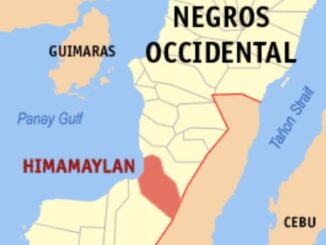
MANILA, Philippines — The National Security Council is ready to meet with human rights group Amnesty International to air its side on a new report that documents the repression of young activists in the Philippines.
Expressing frustration with the findings of the group, National Security Council assistant director general Jonathan Malaya tagged its new report as “one-sided, misleading, and baseless.”
Malaya said the group — which interviewed dozens of activists who were harassed by state forces for their advocacies — should have asked for the government’s side before publishing the report.
“The National Security Council should have been given the opportunity to rebut each of their so-called findings before this was released to the public,” Malaya said.
As a result, he said the report was more akin to being a “propaganda” against the state instead of being an “honest assessment.”
Malaya said the council’s “doors are open” to Amnesty International “if they are open to listening to the side of government.”
Amnesty’s key findings
The study by Amnesty International was released on Monday, October 14. It draws from interviews with 41 young human rights activists, extensive desk research and analysis of social media content to document how tech-facilitated violence leads to acts of offline violence against child and youth activists between 2018 and 2024.
Its main findings show that young Filipino activists are being silenced by persistent online attacks against them, some of which include posts by the National Task Force to End Local Communist Armed Conflict that red-tag progressive groups.
It was under former President Rodrigo Duterte that posts red-tagging activists became a “widespread, cheap and effective” method to harass critics during the COVID-19 lockdown, when most turned to the internet for sources of information, the study said.
However, the study did not just mention the government as the source of online content deemed a threat to Filipino human rights defenders. Amnesty International researchers also scoured through ads on Meta’s ad library and found dubious accounts paying for ads that “terrorist-tag” Makabayan bloc lawmakers.
Government’s defense
Malaya defended the government’s anti-insurgency task force, who he said only posts testimonies from expert witnesses, some of them former rebels, who speak about their own personal experiences.
“Most of these were given under oath in Senate hearings or in public fora. These individuals also have freedom of expression which we cannot stifle,” he added.
The controversial task force was created through Executive Order 70 signed by Duterte in 2018.
Since then, at least two United Nations special rapporteurs have recommended abolishing the task force due to its practice of red-tagging and endangering government critics, media workers, activists, rights defenders and other members of civil society.
The two rapporteurs are independent experts who reviewed the countries’ rights situations for the UN.





Be the first to comment